|
I am an undergraduate student at MIT double majoring in AI and Math. I am currently advised by Prof. Kaiming He at MIT and Prof. Yilun Du at Harvard. Previously, I was advised by Dr. Zhirong Wu, Dr. Rogerio Feris, and Prof. Polina Golland. I also interned as a student researcher at Microsoft Research Asia and MIT-IBM Watson AI Lab Email / CV / Github / Google Scholar |
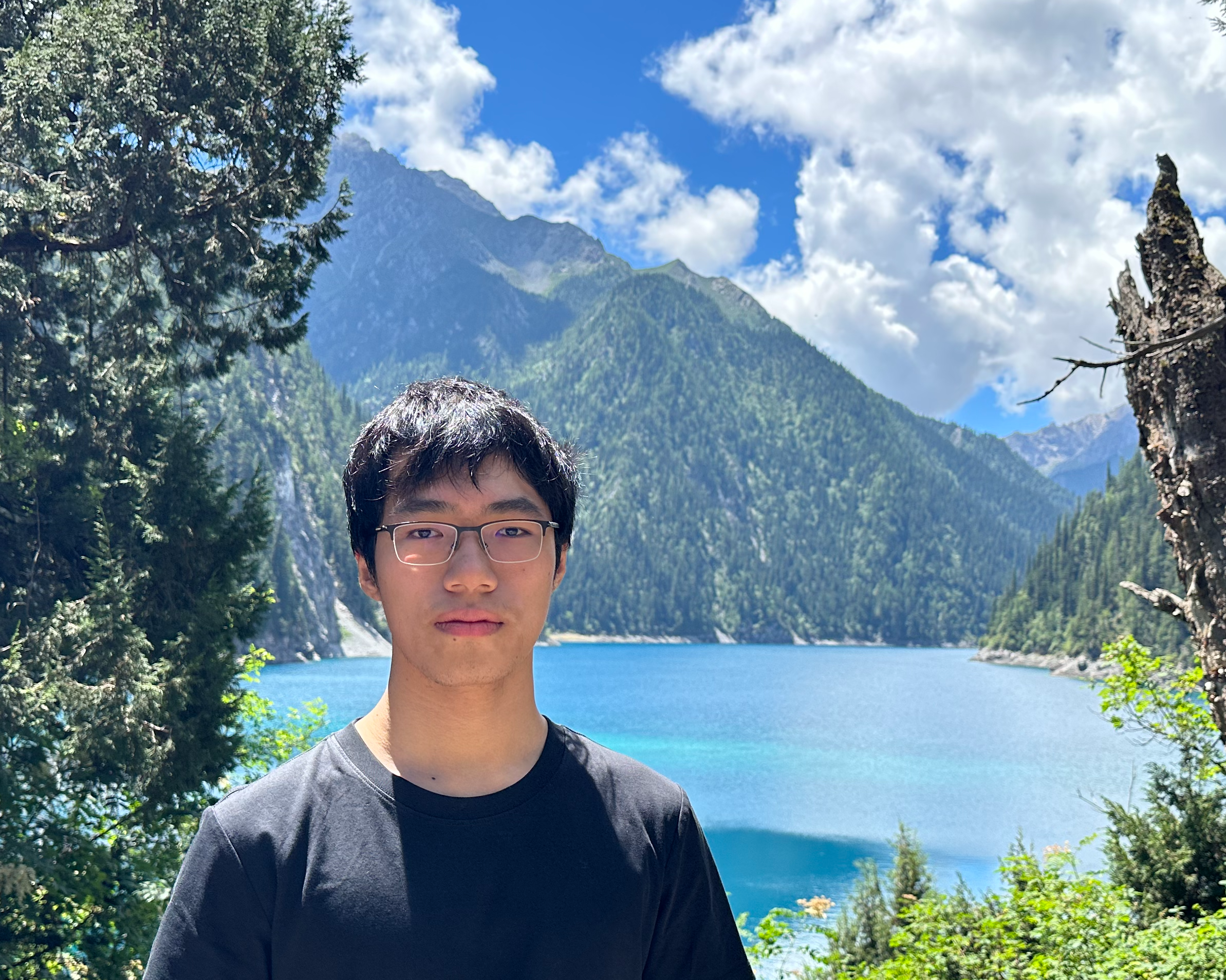
|
|
My current focus is on generative modeling. I used to work on computer vision, optimization, LLM finetuning, and medical imaging. I am most interested in simple yet effective methods that can generalize and scale. |
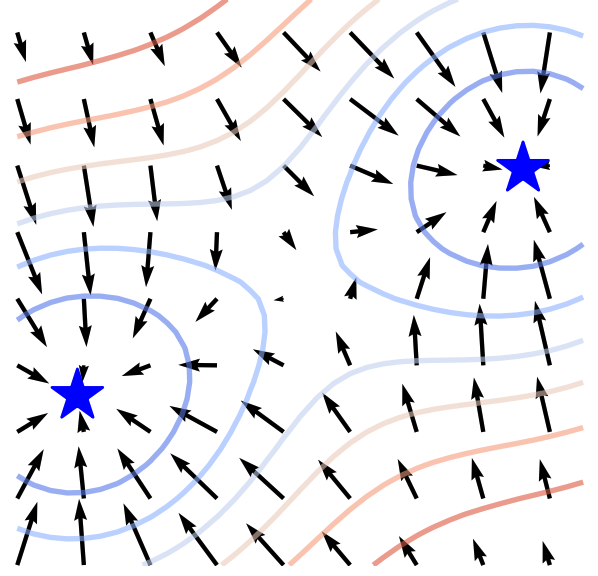
|
Runqian Wang, Yilun Du Preprint, 2025 website / code / paper New generative model with equilibrium dynamics that exceeds Flow Matching in performance, supports optimization-based sampling, and naturally performs multiple downstream tasks. |
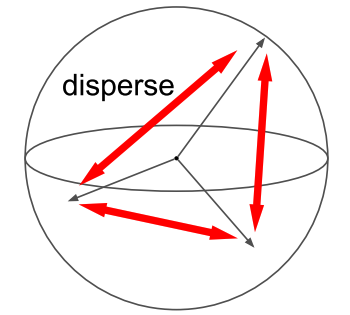
|
Runqian Wang, Kaiming He Preprint, 2025 code / paper Plug-and-play representation regularizer for generative modeling that brings consistent improvement across different settings. |
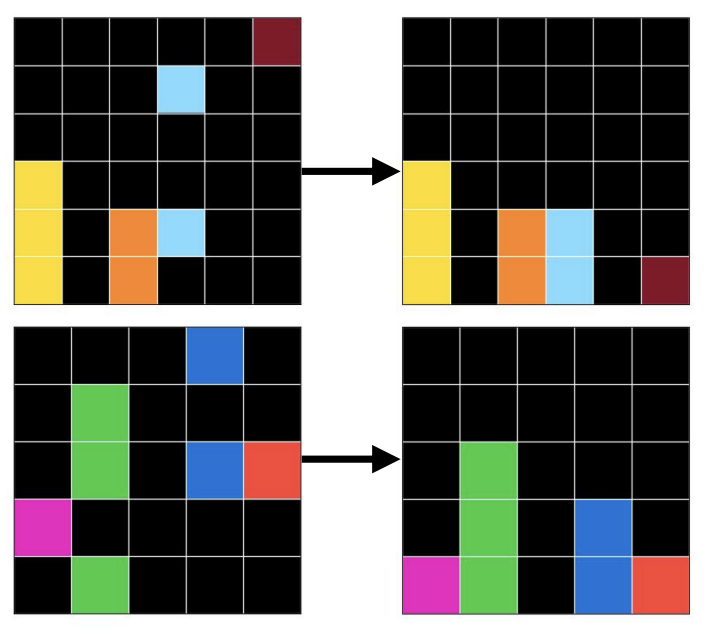
|
Keya Hu, Ali Cy, Linlu Qiu, Xiaoman Delores Ding, Runqian Wang, Yeyin Eva Zhu, Jacob Andreas, Kaiming He Preprint, 2025 code / paper Frames ARC-AGI dataset as an image-to-image translation problem, achieving competitive performance with those of leading LLMs. |
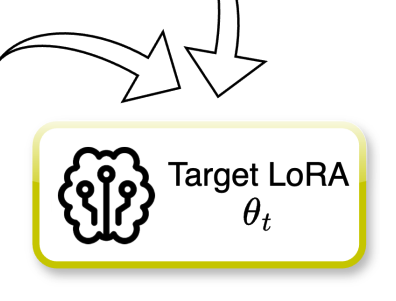
|
Runqian Wang, Soumya Ghosh, David Cox, Diego Antognini, Aude Oliva, Rogerio Feris, Leonid Karlinsky NeurIPS, 2024 paper Enables nearly data-free and compute-efficient transfer of existing PEFT modules trained on old base model to new base models, while at least preserving, in most cases improve, performance. |
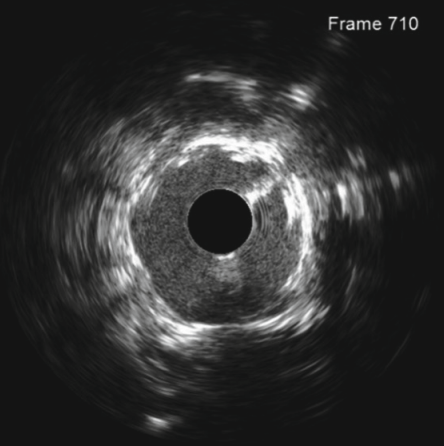
|
Satyananda Kashyap, Neerav Karani, Alexander Shang, Niharika D’Souza, Neel Dey, Lay Jain, Ray Wang, Hatice Akakin, Qian Li, Wenguang Li, Corydon Carlson, Polina Golland, Tanveer Syeda-Mahmood 2nd Intl. Workshop, AMAI, 2023 paper Provides a comprehensive study on malposition detection using deep learning approaches and proposes a new approach for malposition classification using Mask-RCNN and SWIN transformer. |

|
Chong Chen, Runqian Wang, Chandrajit Bajaj, Ozan Öktem Int. J. Comput. Math., 2022 paper Proposes a new algorithm to compute the X-ray transform of an image; improves time complexity from O(N^d) to O(N). |
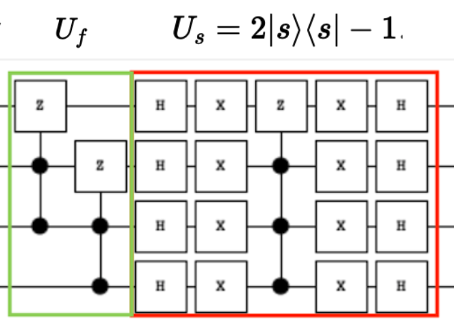
|
Runqian Wang, IEEE ISEC , 2021 paper Applies Grover's quantum search algorithm to solve satisfiability problems and reduces time complexity to the square root of existing solutions. |
|
|